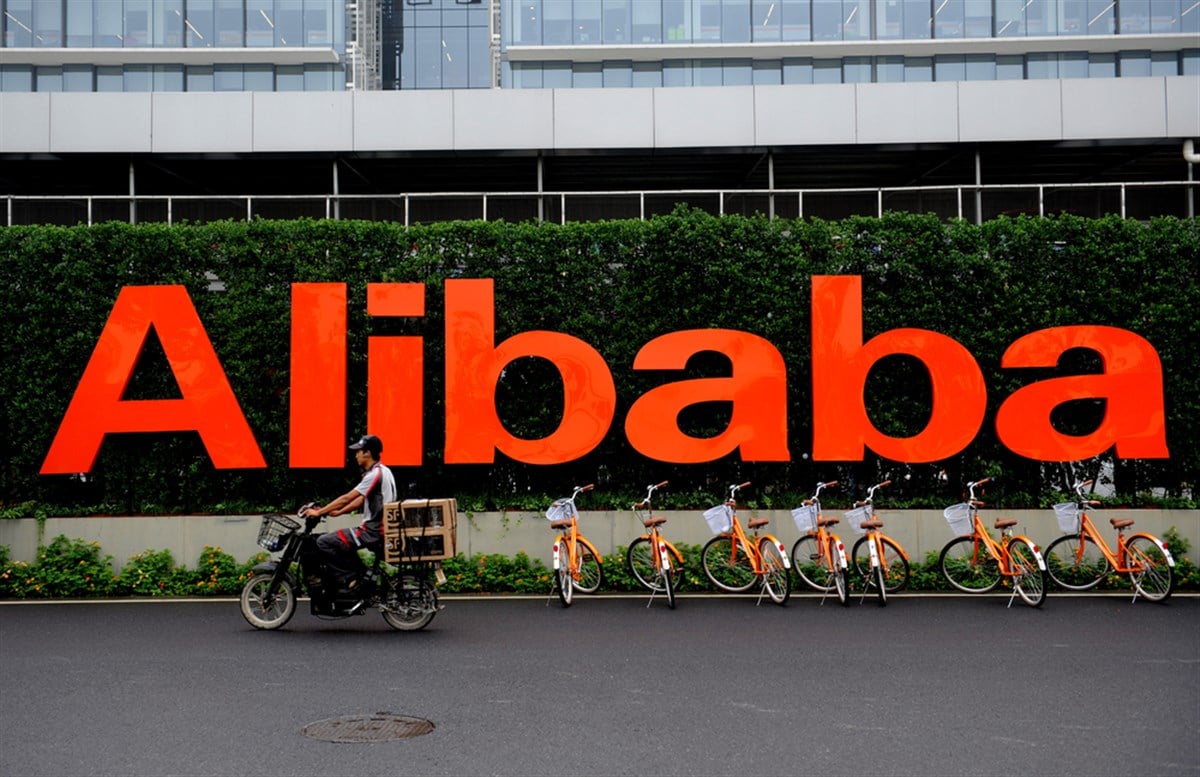
Every once in a cycle, the market experiences hysteria, whether on the upside or the downside. These are some of the best moments to pick a direction to expose your portfolio to potentially explosive moves toward a more "reasonable" price level.
The S&P 500 and NASDAQ indices have hit a fresh all-time high to start 2024; simultaneously, the CSI 300 index (China's stock market) hit a five-year low worldwide, spurring a panicked reaction from the government. It started by banning short selling and ended with a reshoring of up to $278 billion in capital to "save" the stock market.
While some may say this is only propping up the market to hide weaknesses, this measure has applied since the beginning of financial markets. The truth is that China's stock market suffered an episode of extreme bearish hysteria. Stocks like Alibaba Group (NYSE: BABA) are now in investors' crosshairs, beginning with those inside the company.
Mechanics at play
Speaking of cycles, you must understand why there is a pending money shift between the United States and China. It all depends on where you can find excess returns. To begin this treasure hunt, you must gauge stock versus bond yields.
In the United States, 10-year bond yields sit around 4.1% today, even after the Federal Reserve (the Fed) announced that it will potentially cut interest rates this year. As the benchmark, you can put a back-of-the-envelope pricing on the stock market.
The S&P 500 yields a 1.4% dividend yield today, so money is better treated in bonds than American equities. The opposite happened during the COVID-19 pandemic when the S&P yielded nearly 2.5% while bonds dropped below 1%.
According to its weighted holdings, the CSI 300 yields nearly 5% in China. You can find a more accessible measure in the iShares MSCI China ETF (NASDAQ: MCHI), the broad China ETF Ray Dalio has quietly bought up in past quarters. That stock shows an annualized dividend yield of 3.8% today.
That dividend compares nicely against the Chinese bond yield of 2.5% today. Taking the CSI yield of 5% would make this a 2.5% spread above bonds, implying that stocks are extremely more attractive relative to bonds in China and more attractive to U.S. equities. However, not all Chinese stocks are created equal.
Investing in a broader ETF like Dalio could be one way to expose your portfolio to the potential money shift, which is to take Chinese stocks by surprise. However, specific names like Alibaba hold promise, particularly with this new capital onshoring.
Ready for takeoff
Alibaba management has been upping its stock buyback programs, which at one point represented up to 5% of the company's market capitalization. Technology stocks are not known for doing this, considering most of their capital reinvests into growth.
More specifically, co-founder Jack Ma and current chairman Joe Tsai have been buying up shares of stock in the past months, reasoning that the company they help run is selling at unbelievably low prices today.
This SEC filing shows that Tsai's family investing pool bought nearly $152 million worth of stock in the fourth quarter of 2023 at prices near where you can find Alibaba today. Ma's stake involved a purchase of up to $50 million in the same quarter. The total buying of $200 million represents a decent amount of confidence.
Analysts at The Goldman Sachs Group (NYSE: GS) roll out their bullish opinion for a Chinese stock market comeback, as seen in their 2024 macro outlook report. More than that, Wall Street analysts have landed on a consensus price target of $119.80 for the stock, implying a net upside of 63.3% from where the stock trades today.
Being a contrarian often pays, and if you believe that markets will always work in the same mechanics, the spread between stocks and bonds in China could be one of the easiest decisions you make this year. Remember, news follows the stock price; when and if the Chinese market recovers, you won't hear so much about the "awful" things happening there.

